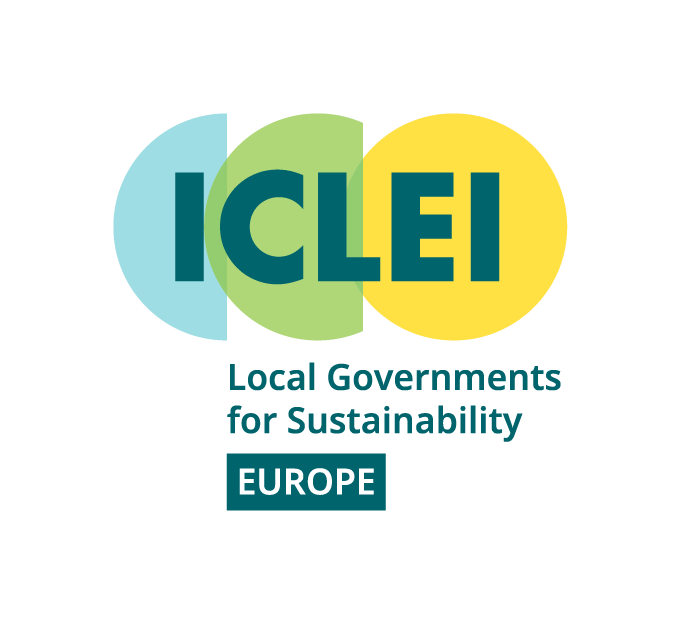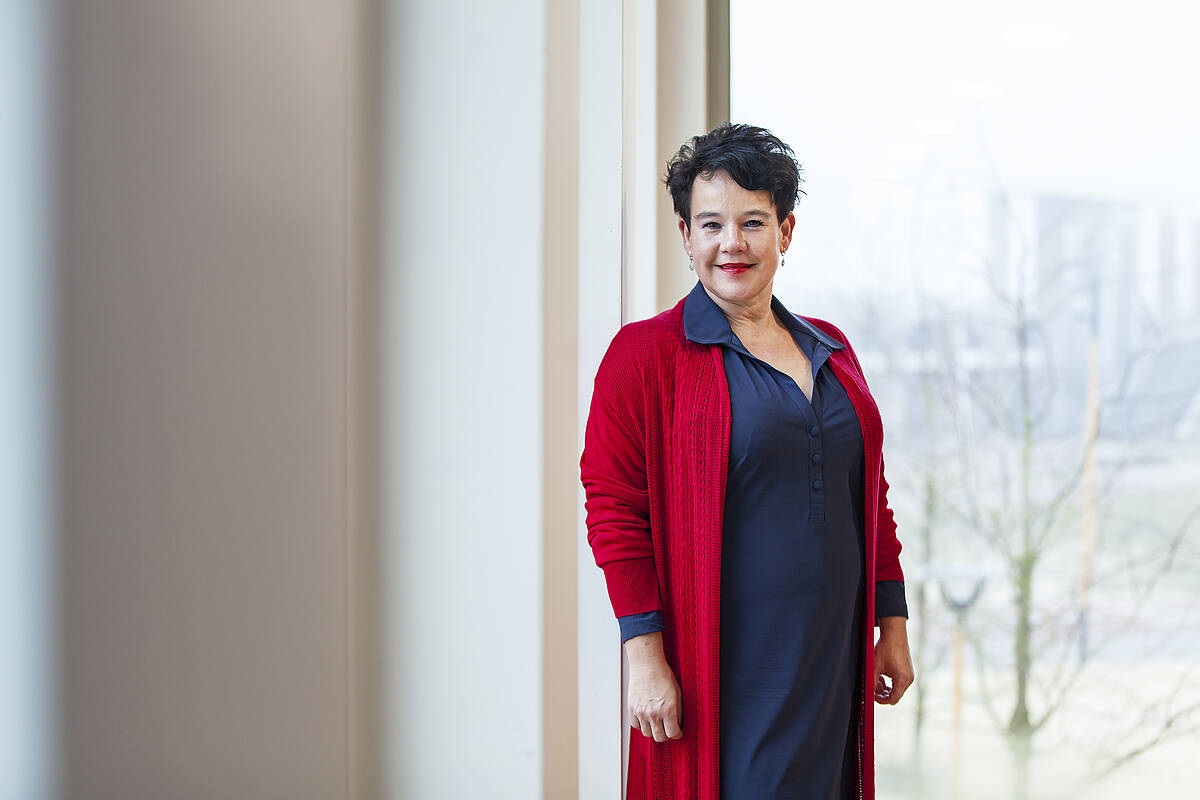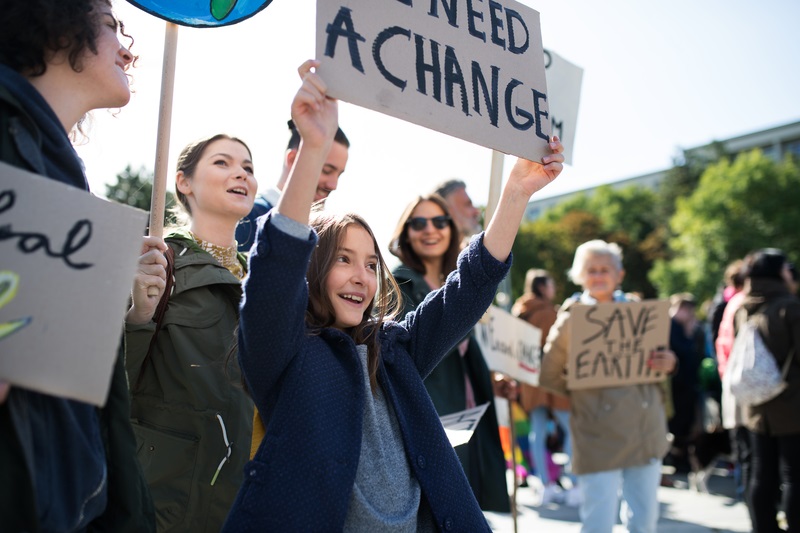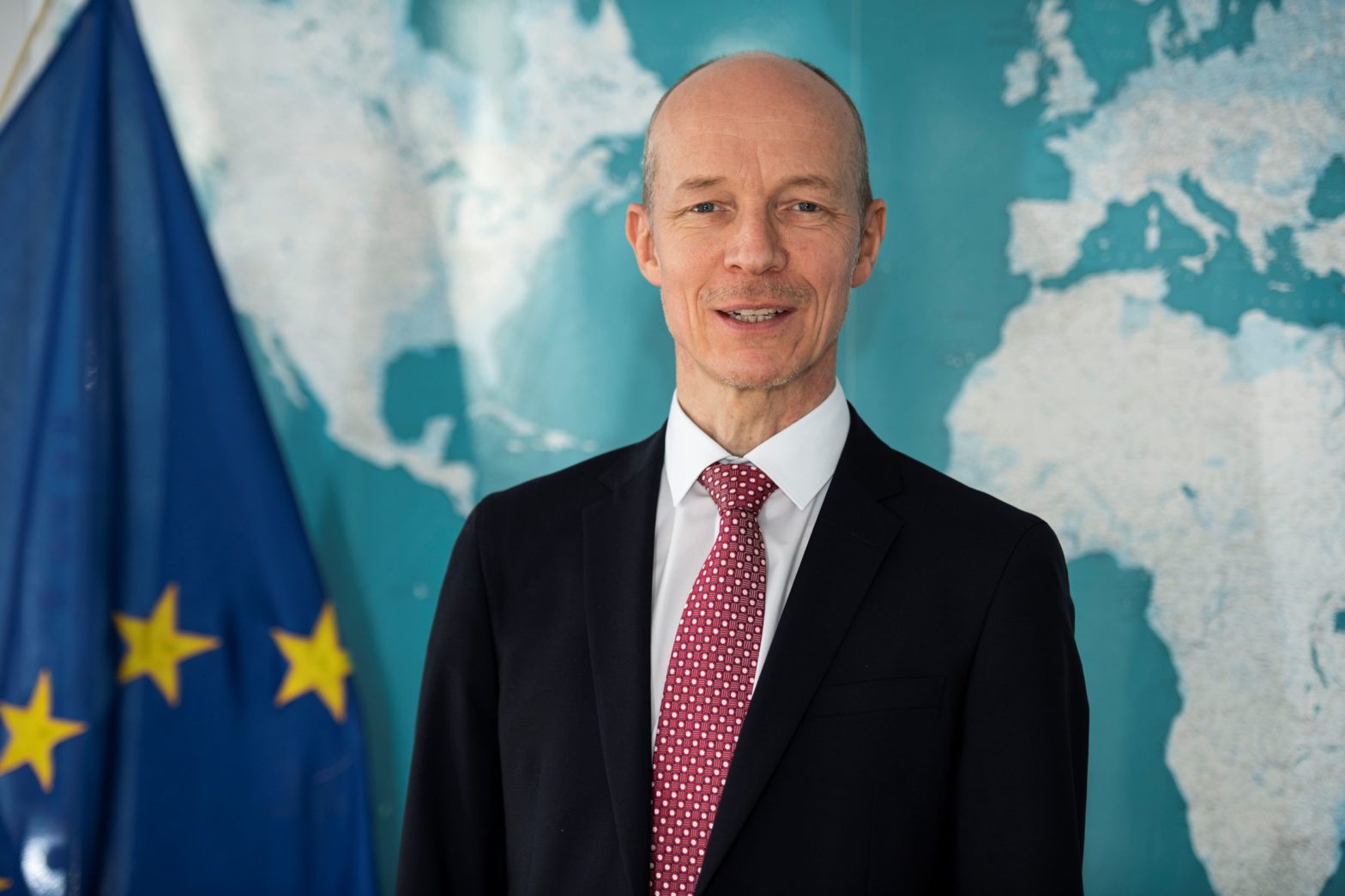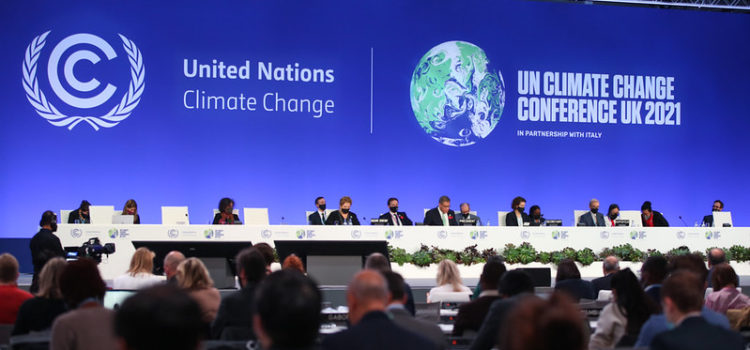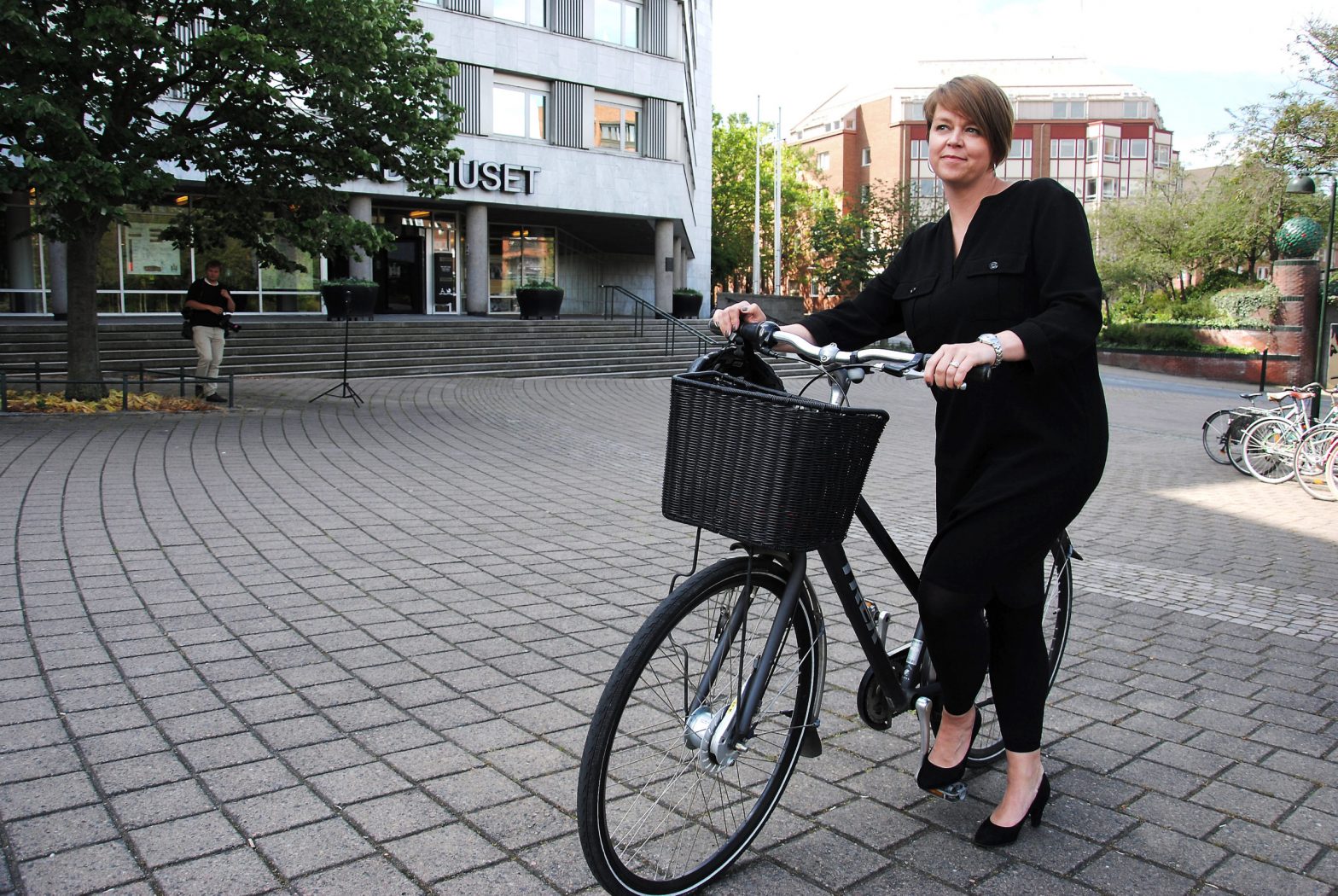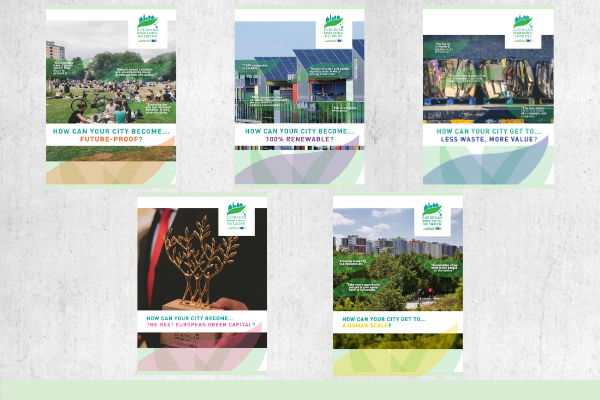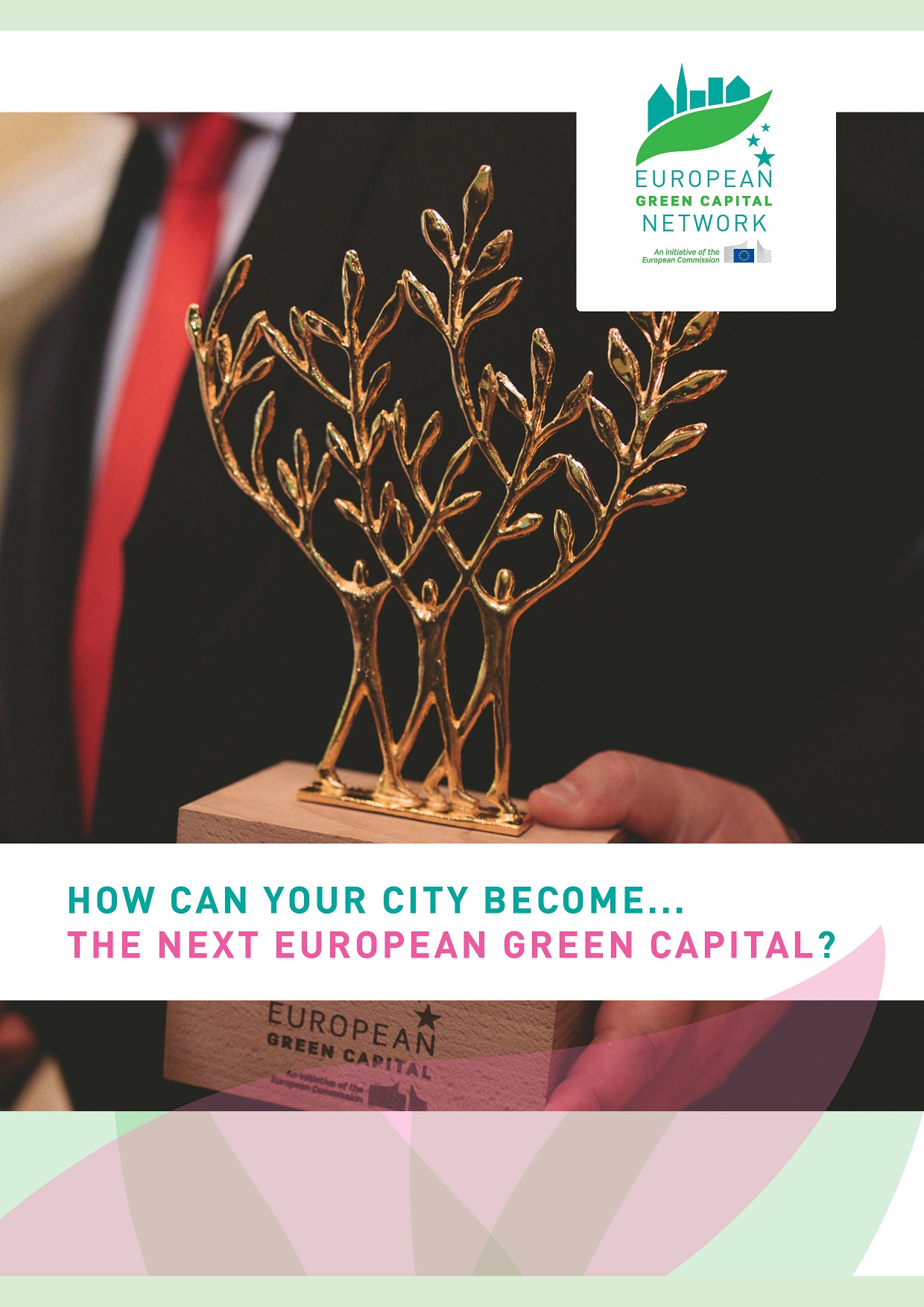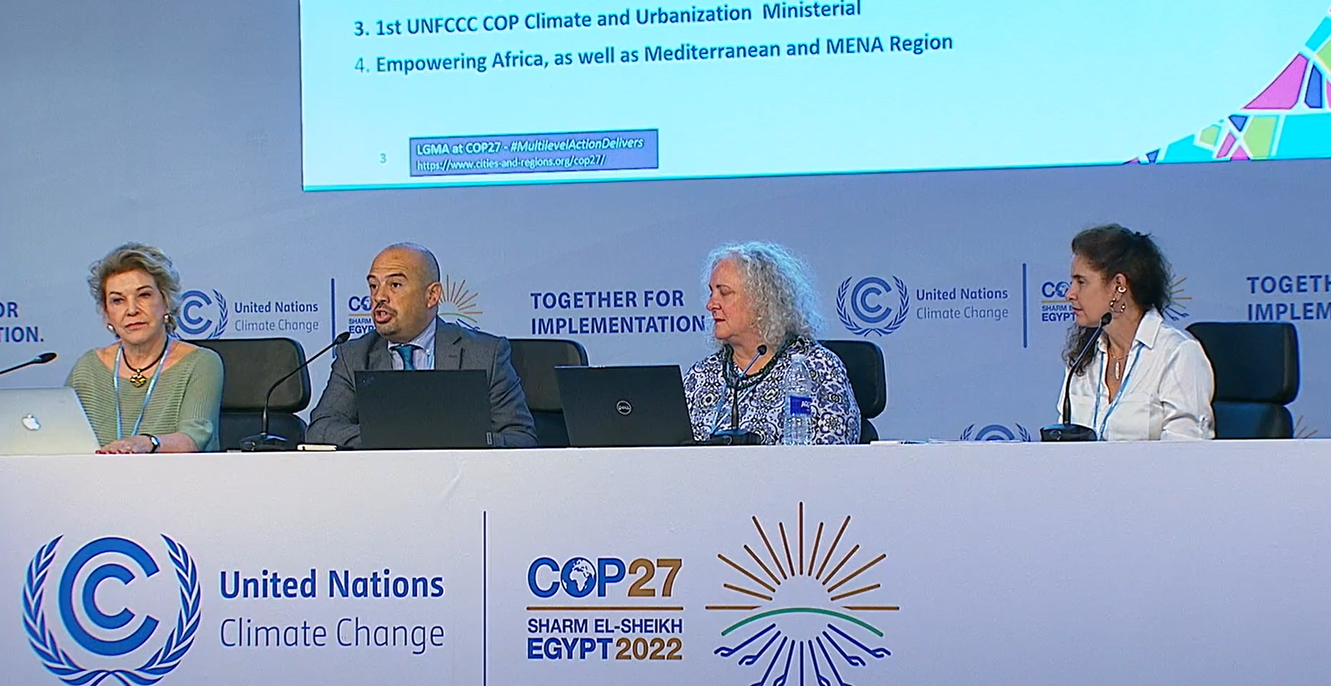
COP27: Cities gaining a greater voice in climate negotiations
09 November 2022
Representatives from local governments gathered at COP27 in Sharm El-Sheikh, Egypt highlighted how “multi-level action” that recognises the important role of cities is key to achieving the climate goals set out in the Paris Agreement.
The Local Governments and Municipal Authorities (LGMA) constituency, which represents the voice of cities and regions in the United Nations Framework Convention on Climate Change (UNFCCC) negotiation process, called on governments, financial organisations, the private sector, academic institutions and NGOs to back the Sustainable Urban Resilience for the next Generation (SURGe) Initiative – a multi-level climate governance plan sponsored by the COP27 Presidency. It was developed in collaboration with UN-Habitat with the facilitation of ICLEI and has been endorsed by over 70 organisations.
Removing barriers
The initiative focuses on five tracks: buildings and housing, urban energy, urban waste/consumption, urban mobility, and urban water.
SURGe aims to address some of the key barriers that limit urban emissions reductions including a lack of multi-level co-operation, capacity challenges in local governments, limited access to technology and innovation, and equity issues.
Financing has also been identified as a major obstacle. In 2017/18, climate finance for cities reached an estimated US$384 billion, less than 10 percent of the estimated US$4.5-US$5.4 trillion needed annually. The challenge is particularly acute in developing countries.
“Our local governments are already acting boldly to combat climate change, sometimes with extremely limited means and resources, but these actions need to be scaled via significantly increased and urgent access to finance,” said Kobie Brand, Deputy Secretary General, ICLEI, and Regional Director, ICLEI Africa Secretariat. “Africa needs $7 to $15 billion per year to mitigate impacts of climate change.”
Voice for cities
The SURGe initiative highlights that cities are on the frontlines of climate change and that “the climate battle will be won or lost in cities”. Urban areas account for approximately three-quarters of energy-related CO2 emissions and 70 percent of the world’s cities are already dealing with the effects of climate change.
According to SURGe, awareness of cities’ central role in tackling the climate crisis is growing. Over 1,000 cities and regions have committed to climate neutrality by 2050, with ambitious targets for 2030. Through a European Union project, 100 EU cities have pledged to become climate neutral by the end of the decade.
The latest Intergovernmental Panel on Climate Change (IPCC) report recognised the role of cities and a UN Habitat whitepaper reports that by 2021, 84 percent of updated Nationally Determined Contributions (NDCs) had ‘strong’ or ‘moderate’ urban content, compared to 69 percent of the initial NDCs.
SURGe aims to further strengthen climate action in and with cities, “thereby contributing significantly to achieving the targets of the Paris Agreement, and raising the ambition of NDCs with commitments of local governments.”
It has already been backed by mayors from over 30 cities – including Sao Paulo, Copenhagen, Paris and San Francisco. The final list of signatories will be announced at the COP27 Ministerial Meeting on Urbanization and Climate Change on 17 November 2022, which is the first such meeting to be held in the history of the UNFCCC Climate Change Conference.
In her capacity as the ICLEI/LGMA Special Envoy for COP27 Ministerials, Sharon Dijksma, Mayor of Utrecht, launched a Call to Action on making multi-level action during COP27 a success at the end of ICLEI’s Daring Cities Forum 2022 last month.
“I commend the COP27 Presidency for their focus on implementation at the local level through initiatives like SURGe and the first Ministerial on Urbanization,” said Mayor Dijksma.
“I invite you to support these initiatives and me in my mission to give multi-level action a central position during COP27.
“If successful, this will be the last COP where cities are not formally recognised voices on the agenda.”
Governance
As of 3 November 2022, The Call to Action was signed by more than 30 mayors, other local and subnational leaders and non-state actors, and is open until 14 November 2022. The final list of signatories will be merged with those who signed up to the Global SURGe Alliance to be announced on 17 November.
The SURGe initiative had its first stakeholder meeting at the World Urban Forum in Katowice in June 2022, followed by a consultation workshop in Cairo in July, bringing together over 120 participants.
To ensure the success of SURGe and alignment of all stakeholders, a governance structure has been developed around four different bodies. The Global Secretariat, which is co-hosted by UN-Habitat and ICLEI, oversees the day-to-day operations.
A Steering Committee consists of co-chairs and co-leads of each track working group, the COP Presidencies, high-level champions and the Global Secretariat. The Global SURGe Alliance provides an advisory function and will convene biennially at the World Urban Forum and present annual progress at the UNFCCC COPs. Networks of local and regional governments will be part of the five track working groups.


